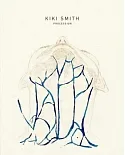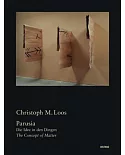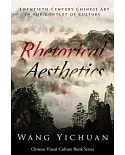The Mogao grottoes, a World Heritage Site near Dunhuang in western China, are located along the ancient caravan routes--collectively known as the Silk Road--that once linked China with the
West. Founded by Buddhist monks in the late fourth century, Mogao grew gradually over the following millennium, as monks, local rulers, and travelers carved hundreds of cave temples into a
mile-long rock cliff and adorned them with vibrant murals portraying Buddhist scripture, Silk Road rulers, and detailed scenes of everyday life.
The sixty-five papers address such topics as the principles and practices of wall paintings conservation; site and visitor management; scientific research, particularly in the environmental and
geotechnical aspects of conservation; and relevant historical and art historical research.





















